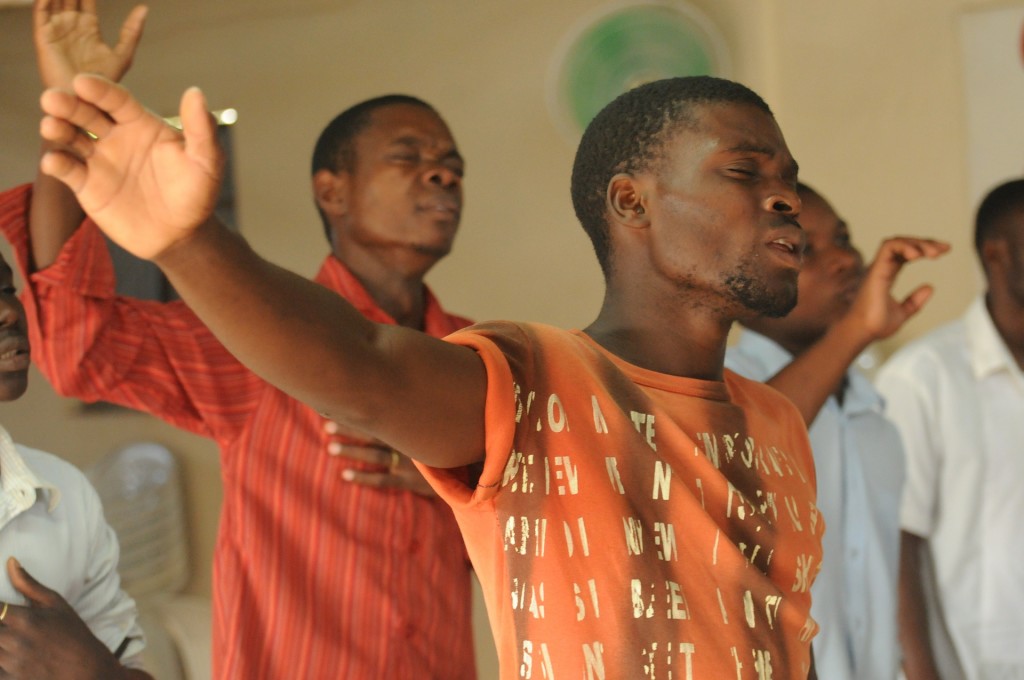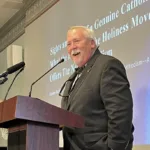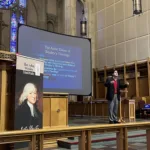Churches in the developing world remain some of the most dynamic and fastest growing in Christendom. This should cause Western Christians to celebrate. But it should also prompt us to ask the obvious question: What are churches in the developing world doing that Western churches aren’t?
Membership in mainline denominations continues declining in the United States year after year. Yet these same denominations are growing in places like Africa and Asia. That’s the case for the United Methodist Church (UMC), the Anglican Communion, and the Evangelical Lutheran Church, among others. For decades now, the majority of Christians have lived in the Global South.
It becomes evident why this is when interacting with Christians from the developing world. These Christians overflow with passion and commitment for their faith. Their charisma expresses itself in at least five ways that I’ve observed: (1) theological orthodoxy; (2) devotion to prayer; (3) openness to the supernatural; (4) ambition to spread the gospel despite opposition; and (5) willingness to follow God’s call to ministry.
I plan to deal with each of these facets individually in a series of blogs. I’ll begin with the commitment of Christians in the developing world to Biblical doctrine.
First, let me clarify. I’m not saying these Christians have perfect theology. Like Christians anywhere, they have biases and errors, too. For example, local religious traditions and heretical Western doctrines like the “prosperity gospel” maintain varying degrees of influence in the developing world. Christians in many underdeveloped countries also lack access to the quantity and quality of theological resources that we enjoy in the first world, particularly in America.
But here’s the key. Christians in the developing world get a lot of important things right. They are taking firm stands on issues like marriage, sexuality, and abortion while Western Christians are busy equivocating on these basic tenants.
Look no further than recent events in Canterbury for proof. Anglican primates (top bishops) from Africa played a pivotal role in sanctioning the Episcopal Church over their open acceptance of homosexuality. Many African bishops were members of the theologically conservative Global Anglican Future Conference (GAFCON). Without their support, the Anglican Communion would have continued permitting the Episcopal Church to promote their liberal agenda on sexuality.
Not only have African bishops stood firm in the Anglican Communion, but also in the UMC. For decades, the UMC has faithfully affirmed Biblical doctrines on marriage and sexuality. That trend has continued in recent years “especially thanks to outspokenly conservative African delegates,” Institute on Religion and Democracy (IRD) President Mark Tooley commented in 2009. Hopefully the steadfastness of African delegates will be enough to prevent theological backsliding at the upcoming UMC General Conference this May.
So how can Western Christians learn from their brothers and sisters in the Global South? We know from experience in America what happens when denominations diverge from Scripture on basic issues of morality. They fall into decline.
By conforming to the world, theologically vapid churches become indistinguishable from secular society. They lose their cultural relevance. Who wants to be part of an institution that doesn’t stand for anything distinctive?
I recently came across a quote in which Martin Luther King Jr. summed it up brilliantly. He wrote in his Letter from the Birmingham Jail:
“There was a time when the church was very powerful. It was during that period that the early Christians rejoiced when they were deemed worthy to suffer for what they believed. In those days the church was not merely a thermometer that recorded the ideas and principles of popular opinion; it was the thermostat that transformed the mores of society.”
Unbelievers can go anywhere to hear the world’s values preached. Hollywood, musicians, the media, and secular commentators proclaim their pluralistic moral code in much more accessible, entertaining, and compelling ways. The Church can never compete – not without a distinctive message.
Of course, we can season our truth with salt. But this is no substitute for substance.





Comment by Skipper on January 27, 2016 at 10:38 am
In a word, those in Developing Nations have more faith! They have more people who believe the bible and feel led to follow it. We in America have more skeptics and doubters. We need to encourage them to believe God’s Word wholeheartedly and let it direct their lives.
We have more who make the bible say whatever they want it to say. When God asks us to live clean lives, they say one can live immorally, even to same-sex relationships. They call this being “progressive” and think they have found something new. They don’t see that living by our own rules is why Jesus came down so hard on the Pharisees.
We don’t have the gumption to tell these people the truth – that following your own way leads to destruction. Those in Developing Nations are glad to wake up in the morning without having had a terrorist attack during the night and amazed to receive their next meal. In America we have “comfortable” people who don’t even have the gumption to correct evil doers for fear of hurting their feelings. They would rather leave them to perish in darkness than take the risk of being called “judgmental” and point them to the light. With God’s help we can face up to this and become more vibrant servants of God!
Comment by hezekia omanga ooke on June 12, 2017 at 2:44 pm
Happy to meet you and have a relationship with you.